Working Group 1
Inclusion, youth engagement and inter-disciplinary innovation
Description
All networks, and indeed all technologies used in digital mental health, embody certain principles and values. WG1 will maintain the core values of YouthDMH and ensure they are enacted in all WGs, activities and STSMs, including a focus on:
- youth involvement & co-design;
- diversity, equality & inclusion; and
- interdisciplinary & intersectoral collaboration.
It will include representatives of all other WGs and members of the Management Committee. It will also include young people, representatives of mental health advocacy groups and marginalised groups, and diverse stakeholders in the youth mental health ecosystem. WG1 will focus on the design and delivery of Training Schools as well as the coordination of Short-term Scientific Missions.
Leaders
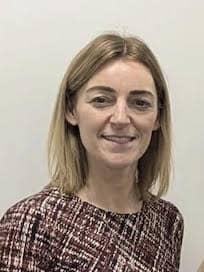
WG1 leader
Dr
Amanda Fitzgerald
University College Dublin
amanda.fitzgerald@ucd.ie
Ireland
Short Bio
Dr Amanda Fitzgerald is an Associate Professor at University College Dublin’s School of Psychology and a leading researcher in the field of youth mental health. Her research focuses on identifying and addressing key risk and protective factors influencing young people’s mental health, incorporating youth participation into mental health research, and innovations in youth mental health service delivery. As a co-founder of the UCD Youth Mental Health Lab, Dr. Fitzgerald is dedicated to advancing research in this area, with a clear commitment to translating research findings into tangible outcomes that improve the lives of young people.
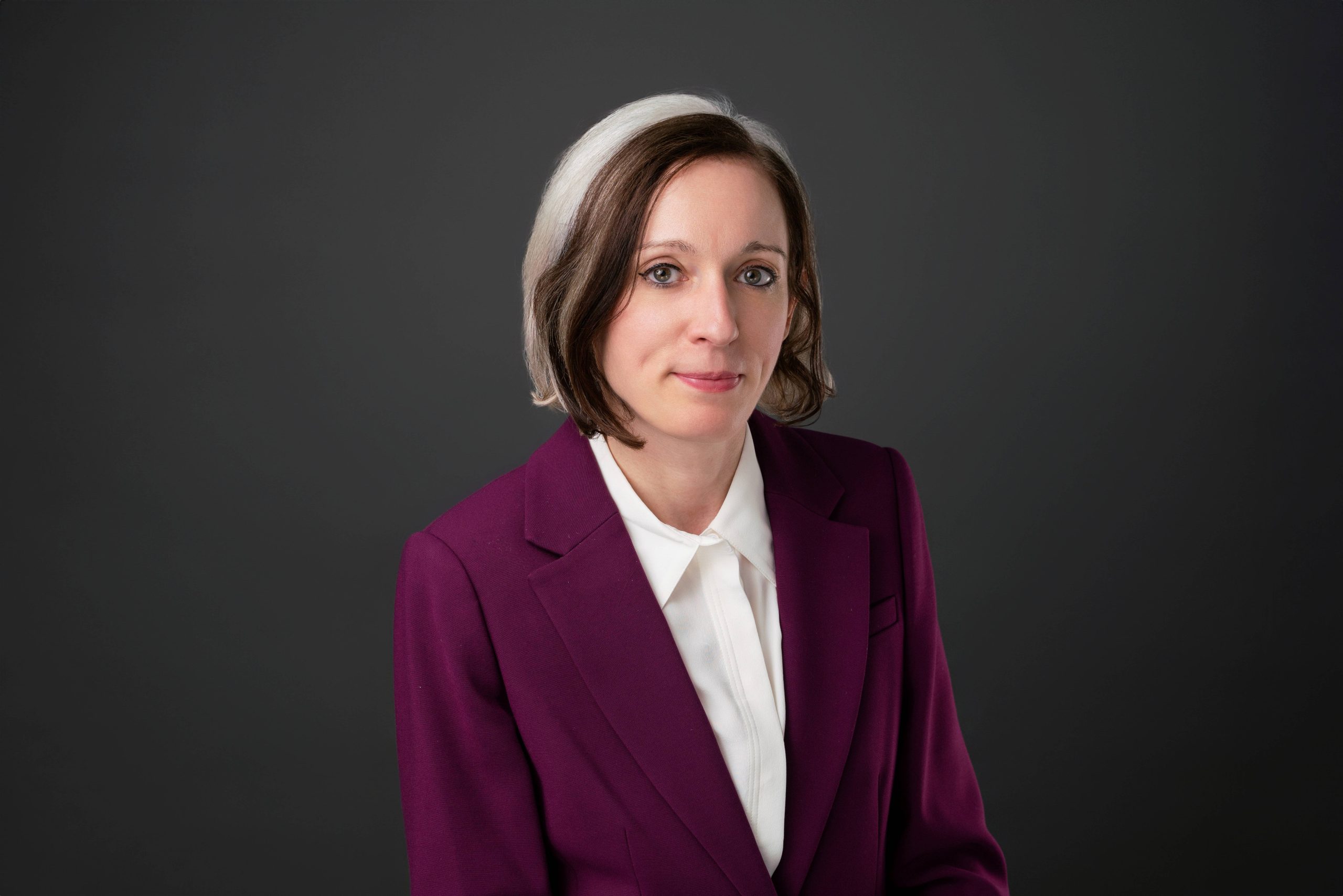
WG1 co-leader
Dr
Charlotte Blease
Uppsala University
charlotte.blease@uu.se
Sweden
Short Bio
Dr Charlotte Blease is Associate Professor of Health Informatics at Uppsala University Sweden, and Research Affiliate at Digital Psychiatry, Beth Israel Deaconess Medical Center, Boston, USA. She is an interdisciplinary researcher who has explored healthcare ethics, health services research, and the psychological justifications for AI in healthcare.
Working Group 2
Help-seeking, Information and Misinformation
Description
WG2 will focus on how young people use technology to seek information and help when they experience difficulties. It will address the types of help and information young people seek, sources of information including formal (e.g., health service websites) and informal sources (e.g., social media, discussion boards), the impact these sources have on their help-seeking experience, and the diversity of approaches applied across member states. It will also examine theoretical models of help and information-seeking, the integration of online and offline help, and examine barriers and enablers of positive experience.
Critically, this WG will address the increasing role AI is playing in online help systems, e.g., through chatbots and the analysis of log data to inform the design of help platforms. This will include a detailed analysis of how services incorporate and configure human and computer assistance. Building on this, and through co-design with young people, WG2 will provide advice and guidance to improve the consistency, efficacy, and experience of online help-seeking.
Leaders
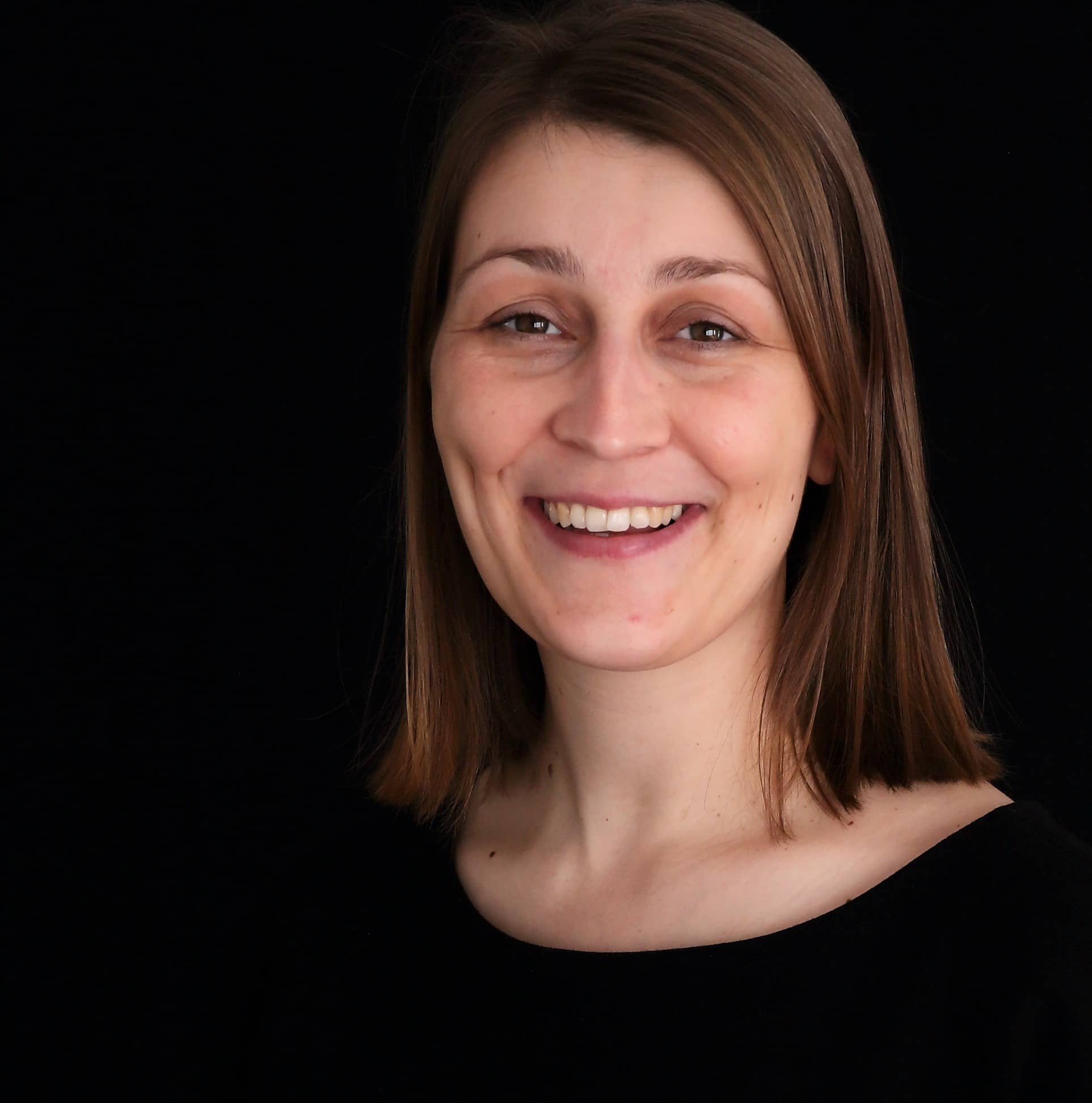
WG2 leader
Dr
Ine Beyens
University of Amsterdam
i.beyens@uva.nl
Netherlands
Short Bio
Dr. Ine Beyens is an Assistant Professor in the Amsterdam School of Communication Research (ASCoR) at the University of Amsterdam. She investigates the effects of digital media on the emotional, psychological, and social development of children and adolescents. Her current work investigates the effects of social media use on adolescents’ well-being. To advance this field, she utilizes intensive longitudinal data, collected through experience sampling methods, daily diaries, and data donation.
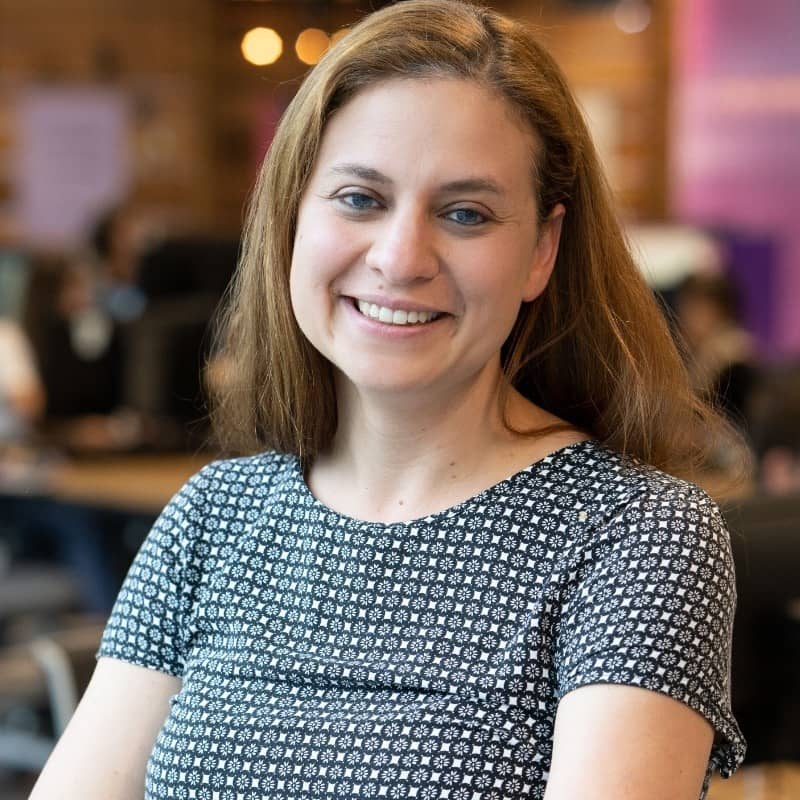
WG2 co-leader
Dr
Claudette Pretorius
University College Dublin
claudette.pretorius1@ucd.ie
Ireland
Short Bio
Dr. Claudette Pretorius is an Assistant Professor in the School of Computer Science at University College Dublin, specialising in human-computer interaction with a focus on digital mental health. Her research explores the intersection of technology and mental wellbeing, with particular attention to young people’s online help-seeking behaviours and the design of supportive, engaging, and trustworthy systems. Dr. Pretorius is dedicated to creating impactful, ethical, and user-centred solutions that support young people's mental health. With an academic background spanning social sciences and counselling psychology, she brings an interdisciplinary approach to her work, combining technical innovation with a deep understanding of human behaviour.
Working Group 3
Contextual and Early Assessment and Intervention
Description
WG3 will focus on the use of technology (e.g., mobile, wearable, self-report, social media analytics) to collect contextual information relevant to the assessment of mental health difficulties. Recent years have witnessed a significant progress in areas such as experience sampling, digital phenotyping and machine learning to support mental health assessment and service optimisation. Research has also focused on how these methods can support personalised mental health interventions. This includes just-in-time and situated interventions which provide support at the right moment and in the day-to-day lives of people.
The phrase contextual psychiatry is often used to capture a set of emerging technique that allow researchers to examine real-time and real-world person- environment interactions to better understand and support mental health. This work has significant potential. But, as of now, it is unclear how such research will impact on mental health service delivery. It is also unclear how young people will respond to such advances. Building on the expertise of network members, and through direct engagement with young people, WG3 will create and transfer knowledge and set a roadmap for future research on contextual and early assessment and intervention.
Leaders
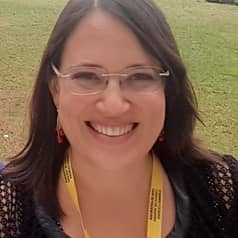
WG3 leader
Dr
Zoraida Callejas Carrion
University of Granada
zoraida@ugr.es
Spain
Short Bio
Zoraida Callejas, PhD., is an Associated Professor at the Software Engineering Department, University of Granada, Spain. Her research focuses on conversational systems and speech and language technologies, particularly their applications across various domains, including mental health and well-being. She recently coordinated the H2020 RISE Project MENHIR and contributes to the European projects CRYSTAL and alt-edic4EU, which explore speech and language technologies in diverse contexts, with a special emphasis on mental health.
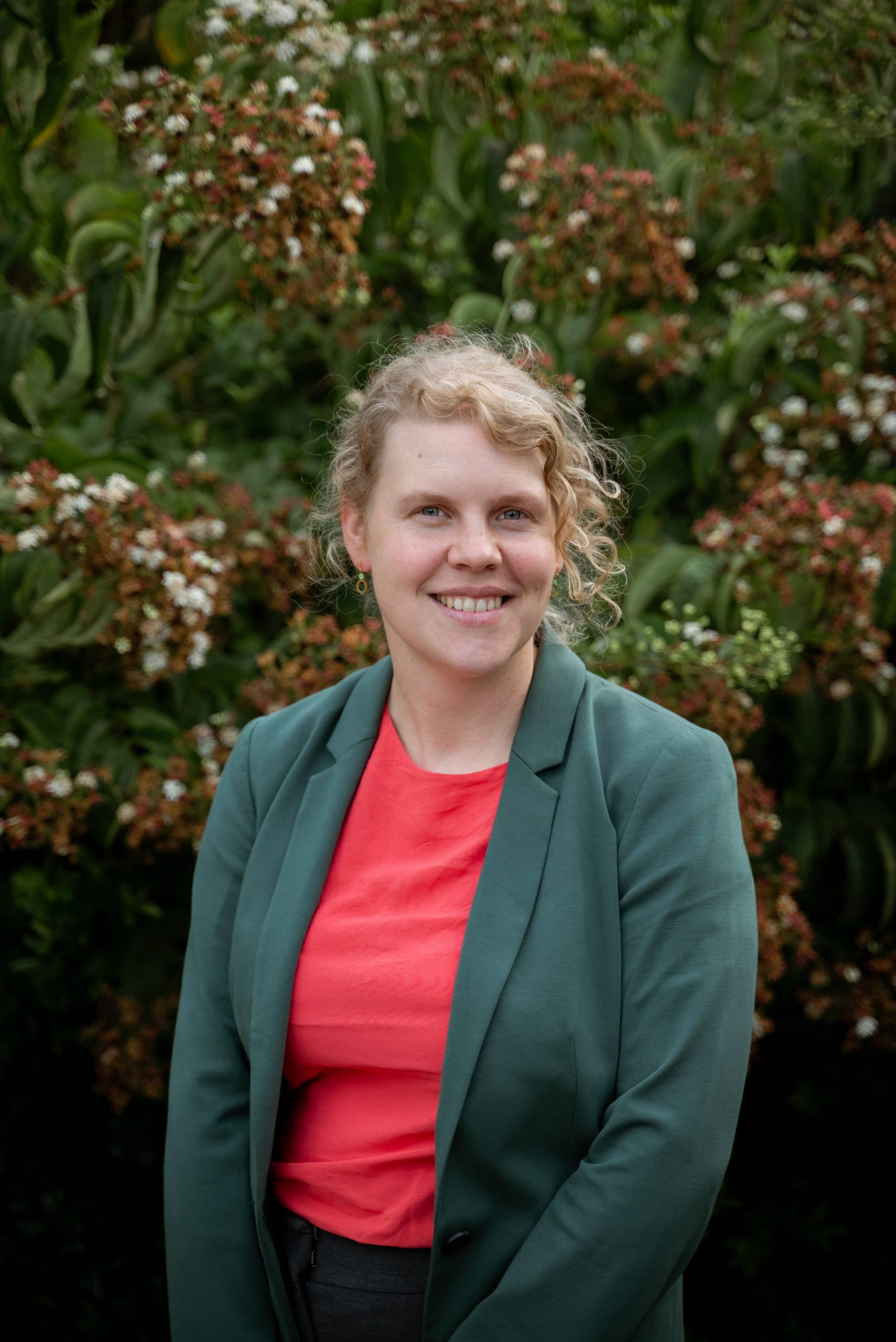
WG3 co-leader
Dr
Nele de Witte
Thomas More University of Applied Sciences
nele.dw@thomasmore.be
Belgium
Short Bio
Dr. Nele De Witte works at Thomas More University of Applied sciences as a digital mental health researcher, the scientific coordinator at LiCalab living lab, and the course coordinator of Digital Psychology. Dr. De Witte conducts practice-oriented research in the areas of digital mental health, real-life data collection (with a specific focus on wearables & psychophysiology), user-centered design and implementation.
Working Group 4
Theory, Design and Implementation
Description
WG4 will draw on the inter-disciplinary expertise within the network and focus on the challenges faced in moving youth mental health technologies from the point of initial technical innovation, through evaluation, to potential large-scale public health impact. Our key aim is to draw on recognised theories and methods from different disciplines in the network. These theories and methods are proven in specific disciplines, but less is known about how they can be integrated to achieve the full potential of digital mental health research and practice.
WG4 will bring together expertise across these disciplines, each contributing and sharing knowledge, to provide integrated guidance on the development of evidence-based youth mental health technologies. It will engage directly with young people, experts, service providers and industry to help bridge the gap between research, practice and lived experience.
Leaders
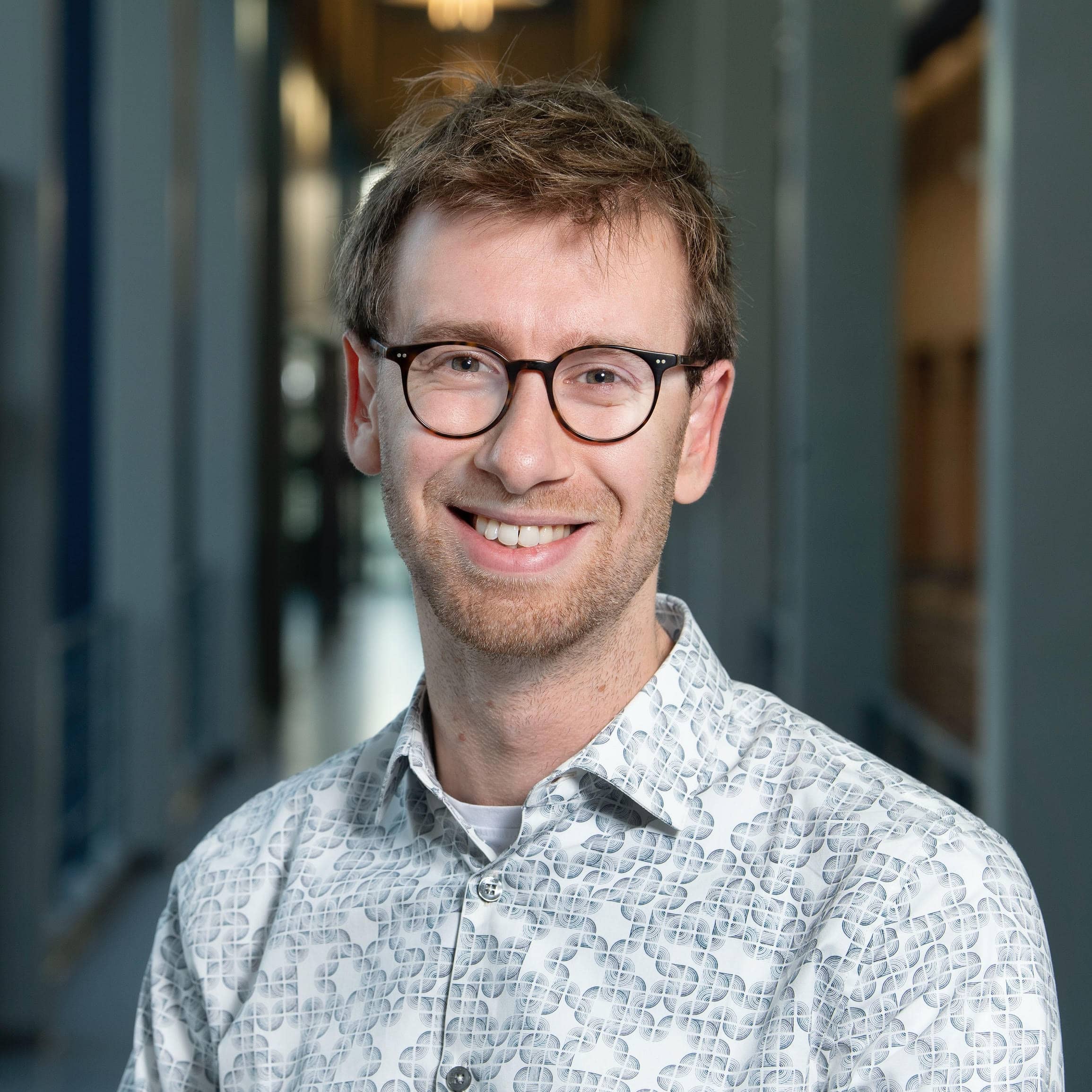
WG4 leader
Dr
Niels van Berkel
Aalborg Universitet
nielsvanberkel@cs.aau.dk
Denmark
Short Bio
Niels van Berkel is Professor at the Department of Computer Science at Aalborg University, Denmark. He leads the Human Centered Computing group, which focuses on designing, developing, and applying interactive computing technologies. His work seeks to support and enhance human cognition and emotion through digital technology, often in collaborative and real-world settings and through the use of use of social, mobile, or intelligent systems.
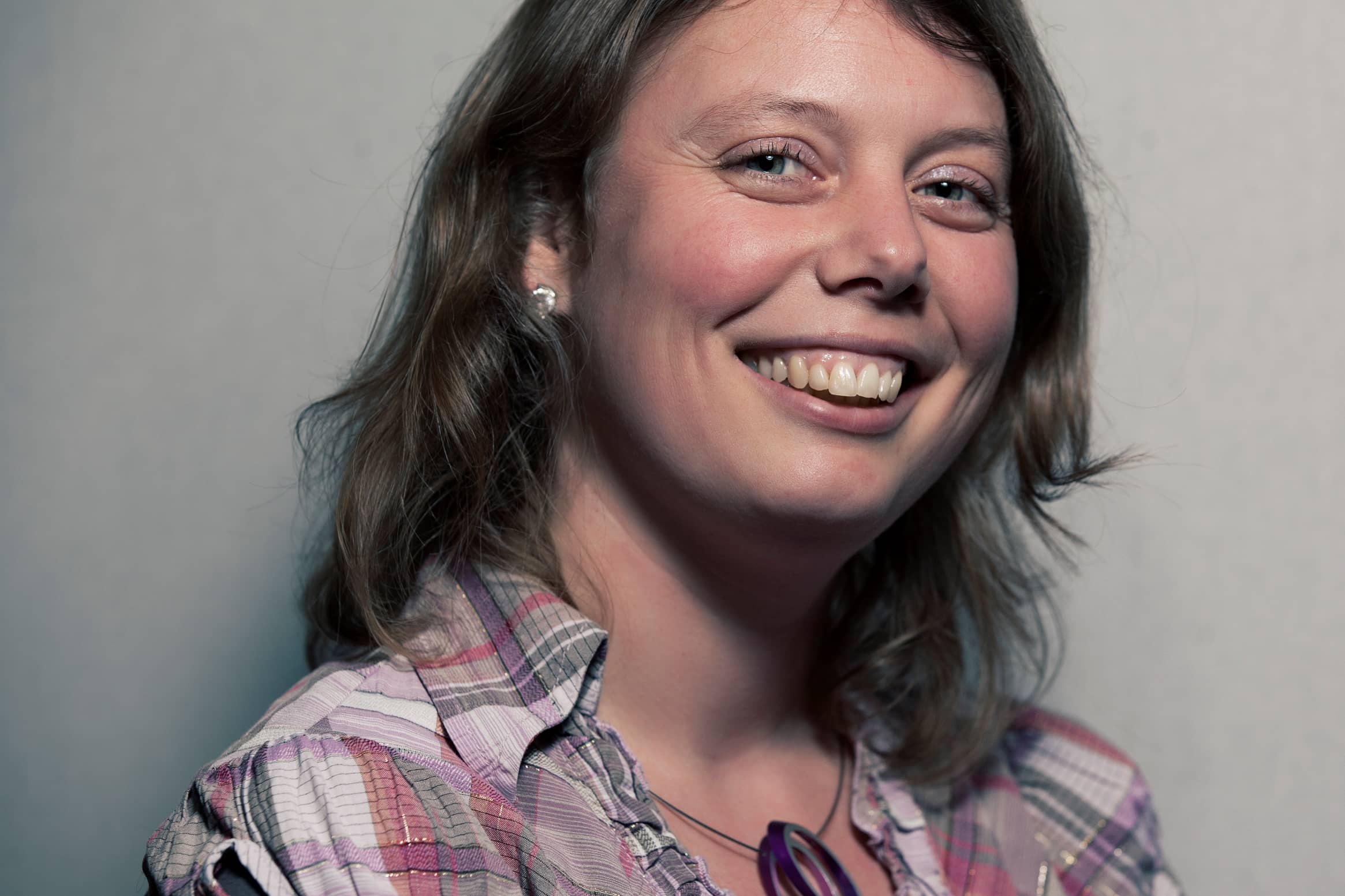
WG4 co-leader
Dr
Saskia Kelders
University of Twente
s.m.kelders@utwente.nl
Netherlands
Short Bio
Saskia Kelders is Associate Professor at the Department of Psychology, Health and Technology at the University of Twente, Enschede, the Netherlands. She chairs the ‘engaging eHealth Technology lab’ at the University of Twente which focuses on improving development, evaluation and implementation of digital health interventions. Her work combines technological and psychological perspectives and is multidisciplinary in nature. She uses innovative research designs and concepts to investigate the relationship between technology, engagement and effectiveness. Currently, she works on her personal ERC Starting grant on engagement as a mechanism of impact for digital mental health interventions. In this innovative new research line, she uses new-to-field and challenging research methods (e.g. single case experimental design, realist evaluation, personalizes and adaptive interventions) by e.g. making smart use of the possibilities of technology.
Working Group 5
Policy, Impact and Dissemination
Description
This WG will focus on disseminating the findings and recommendations of the network and ensuring that it achieves the desired short and long-term impacts. It will include members of all other WGs and will be responsible for managing the overall impact and dissemination program, ensuring stakeholders across Europe have the opportunity to benefit from our knowledge exchange and network building initiatives.
WG5 will have a targeted role in producing policy guidance and recommendations that are accessible to policymakers, research funding bodies, and the wider public.
Leaders
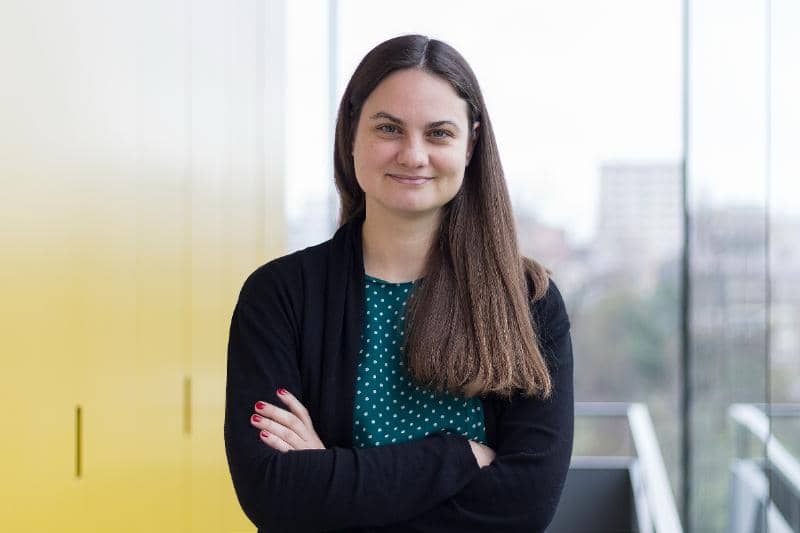
WG5 leader
Dr
Cristina Mendes Santos
Universidade da Maia and Universidade Fernando Pessoa
cristina.santos@fraunhofer.pt
Portugal
Short Bio
Assistant Professor at Universidade da Maia and Universidade Fernando Pessoa, Portugal. Cristina Mendes Santos holds a Master’s degree in Clinical and Health Psychology, a Postgraduate degree in Healthcare Management, and a PhD in Dynamics of Health and Welfare, specialising in Digital Health. She is currently an Assistant Professor at Universidade da Maia and Universidade Fernando Pessoa in Portugal, and a Researcher at the Centre for Psychology at the University of Porto, where she teaches and conducts research in Digital Health, leading international projects in the field of Digital Mental Health. Throughout her career, Cristina has dedicated herself to designing and managing multidisciplinary projects aimed at improving the quality of life for individuals living with or at risk of developing chronic and mental health conditions. Her work integrates user-centred approaches, digital technologies, and artificial intelligence to advance prevention, early detection, and personalised care. She currently serves as Principal Investigator and Project Manager of iNNOVSensing and PRODROMUS, initiatives centred on digital phenotyping and just-in-time adaptive interventions, which represent strategic efforts to strengthen health systems and bridge the mental healthcare treatment gap.
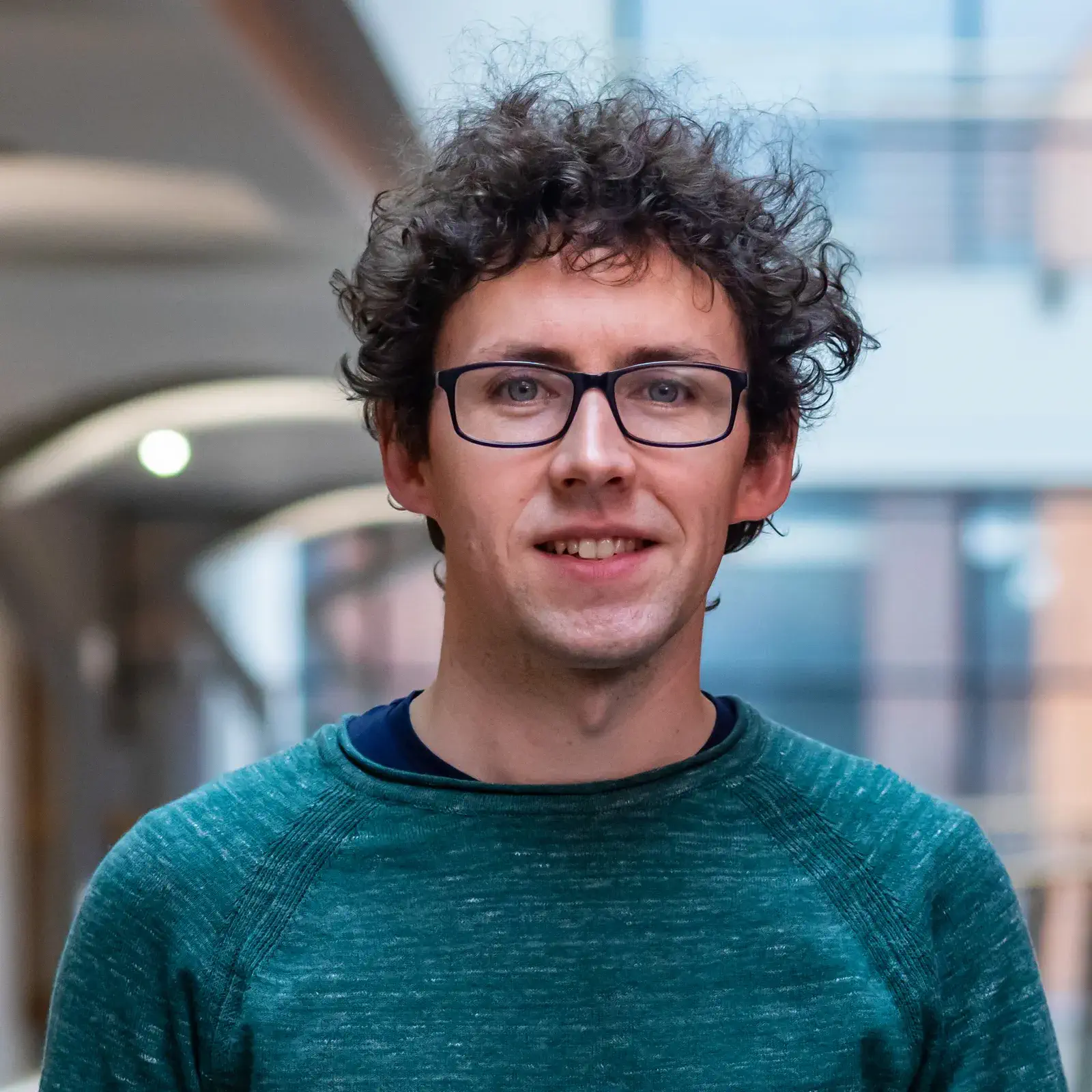
WG5 co-leader
Dr
Darragh McCashin
Dublin City University
darragh.mccashin@dcu.ie
Ireland
Short Bio
Assistant Professor in School of Psychology at Dublin City University. I am broadly interested in digital mental health, in particular the impact of social media on young people, using a range of inclusive methodologies such as co-design.